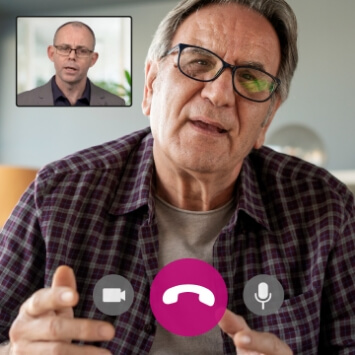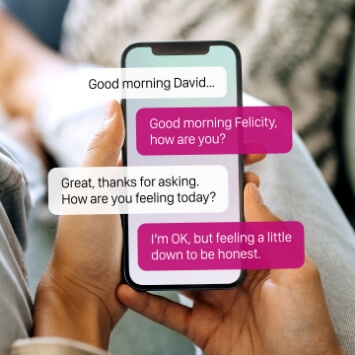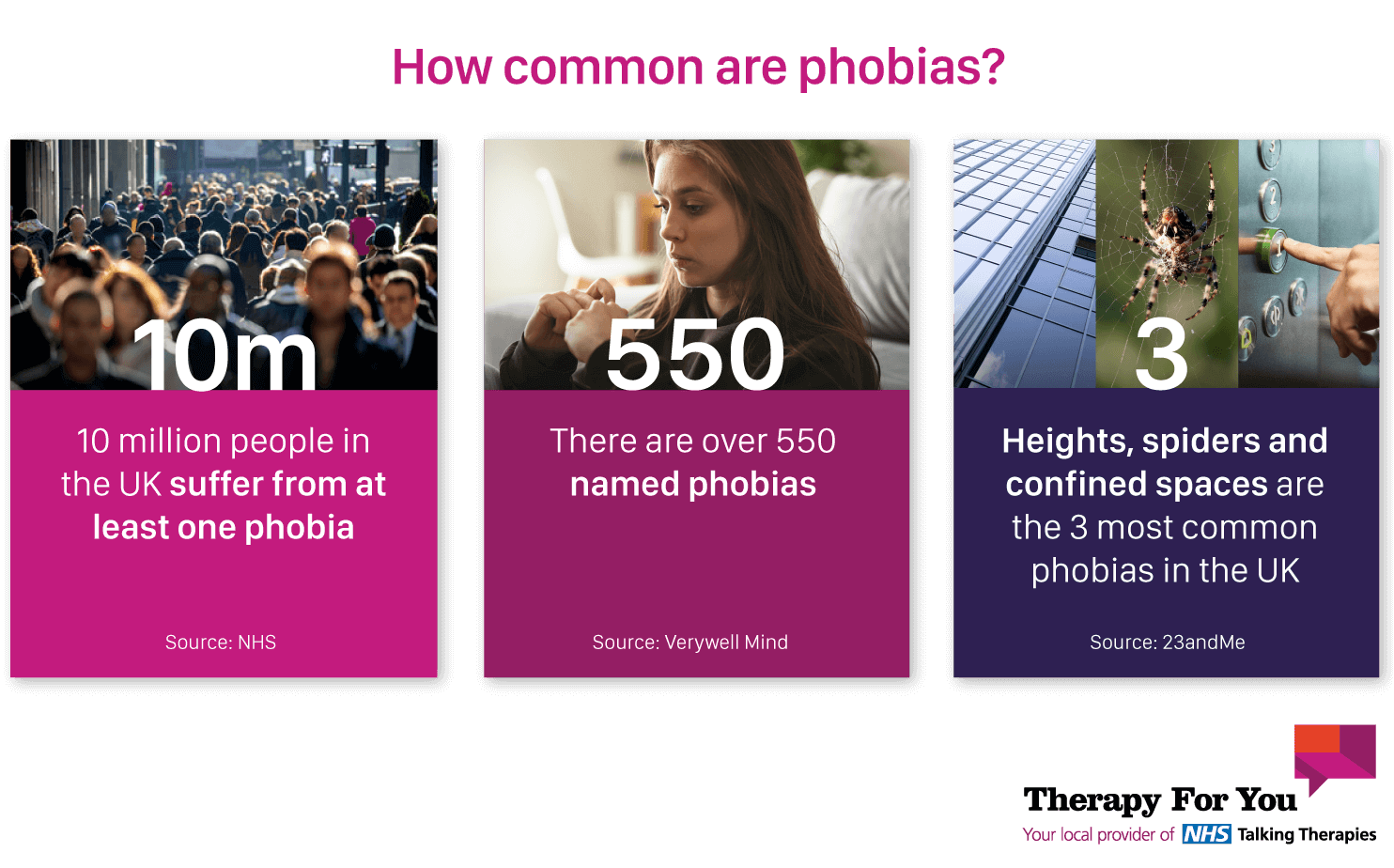Contents
- What are phobias and why do we have them?
- What causes phobias?
- Do I have a phobia?
-
How can therapy help me treat and overcome my phobias?
- What is phobia therapy?
- What is Cognitive Behavioural Therapy for phobias?
- What is exposure therapy?
- What is counselling for phobias?
- Can I continue with my daily activities while undergoing phobia therapy?
- Are there any side effects of phobia therapy?
- Can I get therapy for phobias online or through teletherapy?
- What should I look for in a therapist for phobia treatment?
- Is talking therapy the only effective phobia treatment?
- Do you need help overcoming your phobias?








